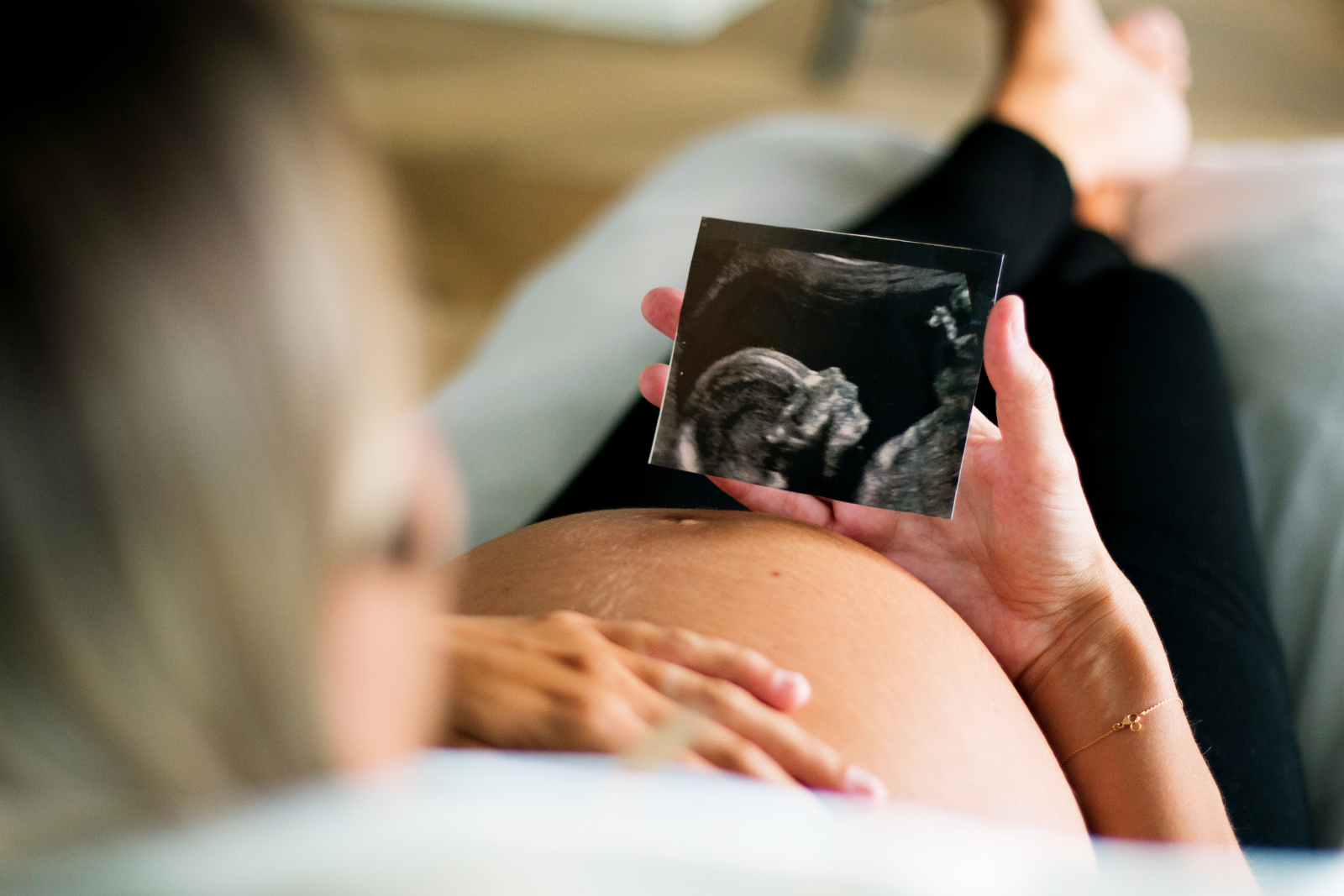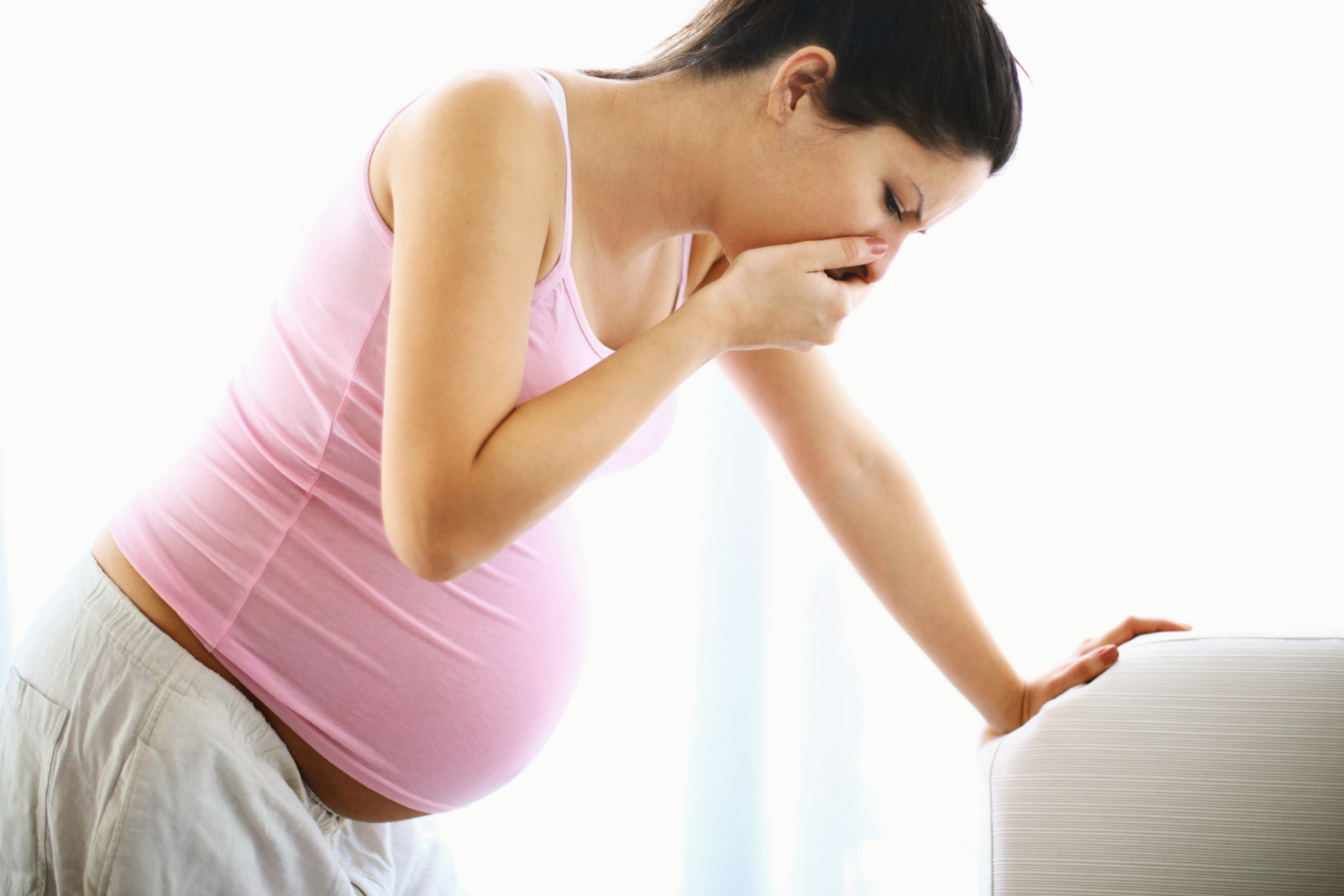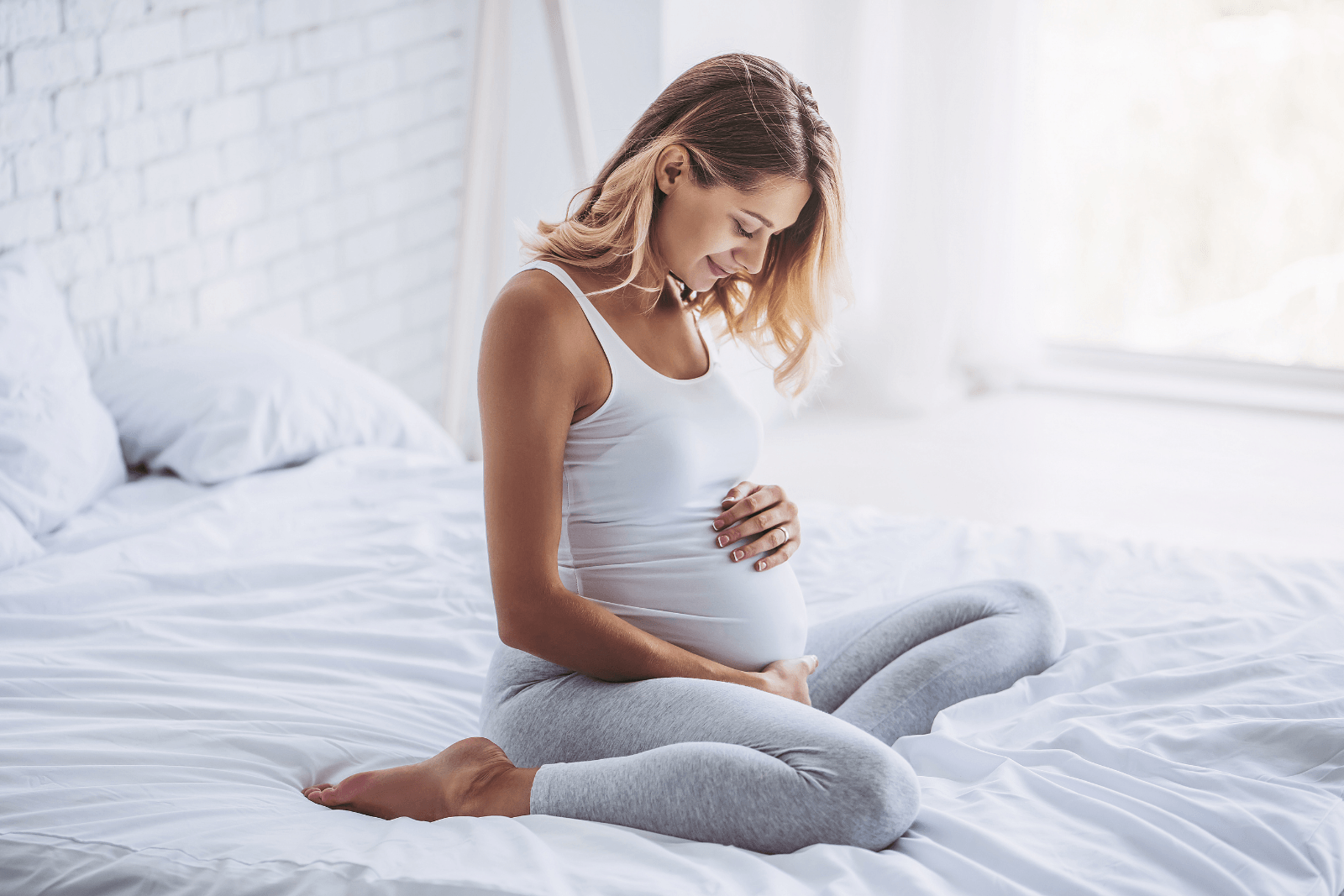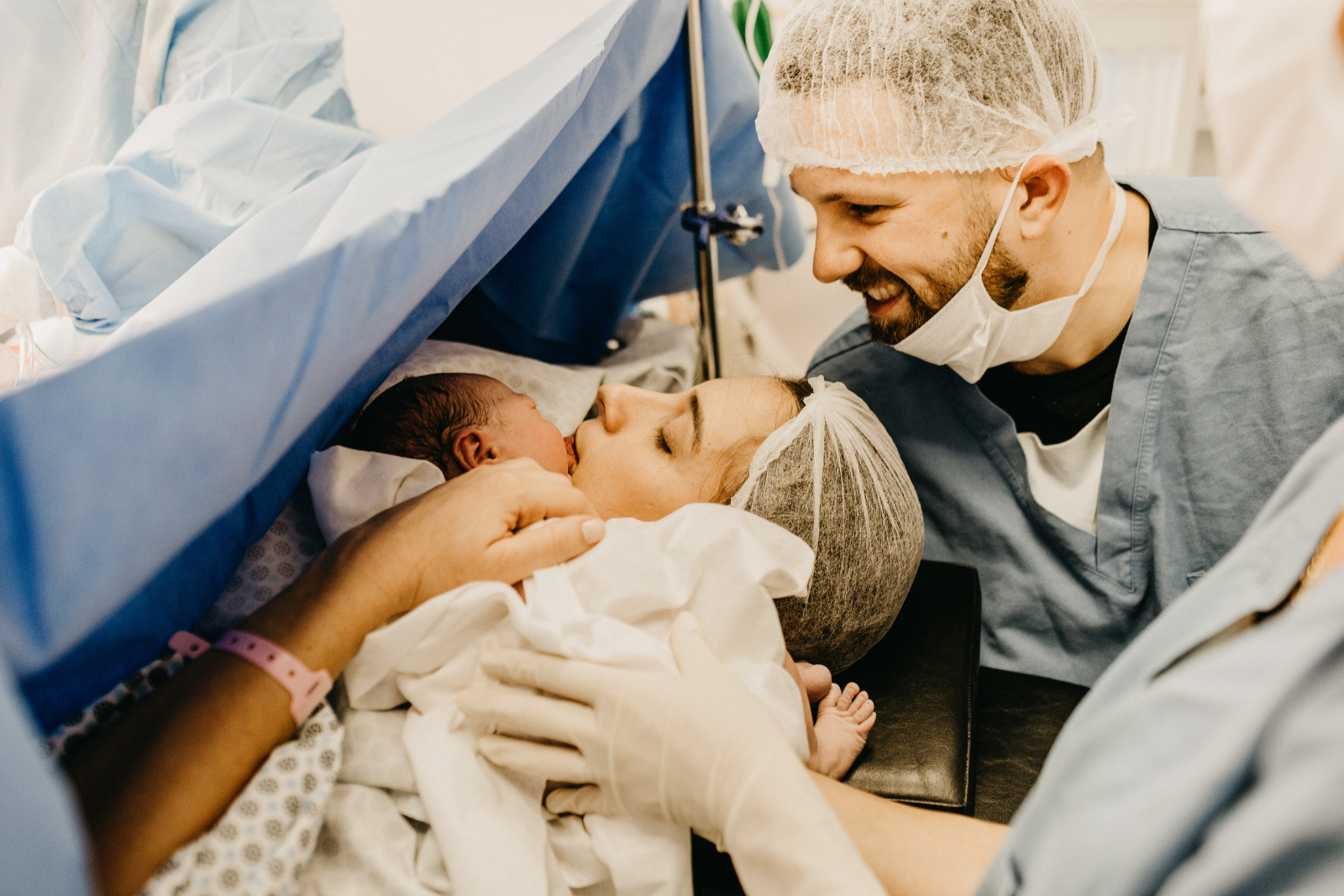Folate is a vitamin that our bodies need to make DNA, form red blood cells and grow & repair cells and tissue. It’s important that women get enough folate during pregnancy as in a developing baby, folate is needed for growth and the formation of the ‘neural tube’ – a layer of cells that goes on to form the brain and spinal cord. If this tube doesn’t fuse properly, it causes a neural tube defect such as Spina Bifida.
If you are planning on getting pregnant or are in the early stages of pregnancy, it’s best to take a daily folic acid supplement, as well as eat high-folate foods.
Folate is measured in micrograms ‘µg’ (1000 micrograms = 1 mg) and 1,000,000µg equals 1g.
Good sources of folate in food include:
- green vegetables (e.g. spinach, 131µg per half cup)
- legumes (e.g. black-eyed peas, 105µg per half cup)
- rice (90µg per half cup)
- avocado (59µg per half cup)
- fruit (e.g. a small orange contains 29µg).
- beef liver, braised (215µg per 85g)
How much folate do you need?
- breastfeeding women – 500µg per day
- pregnant women – 600µg per day
Aim for a minimum of 400µg of folate per day, for at least one month before and three months after falling pregnant if you can. Some women need more folate, so you should see your doctor for advice.
Call POGS on (08) 6270 0123 or email: reception@pogs.com.au if you need to make an appointment.
















